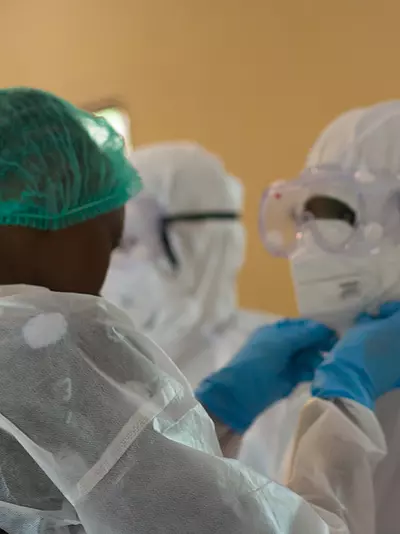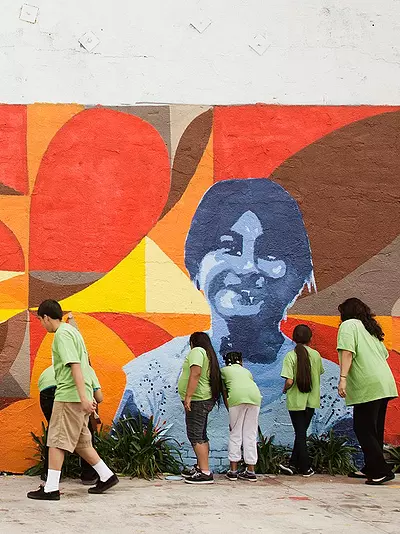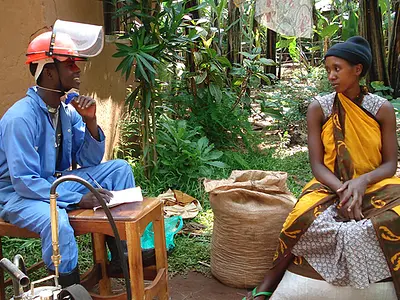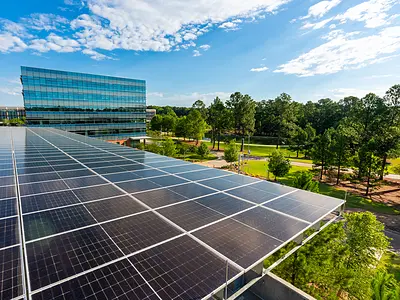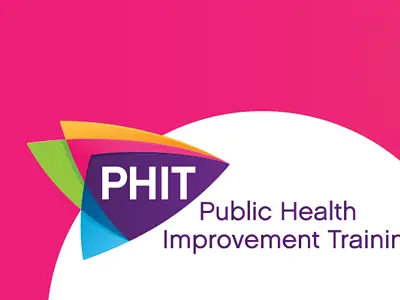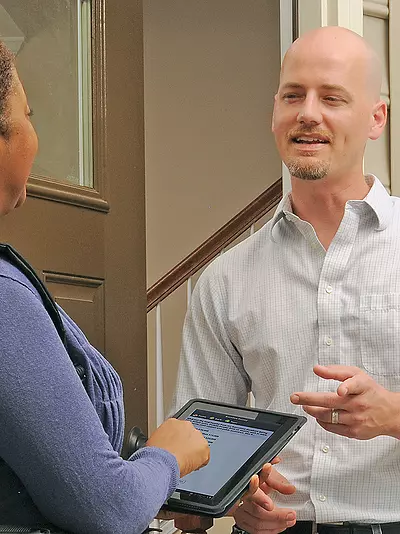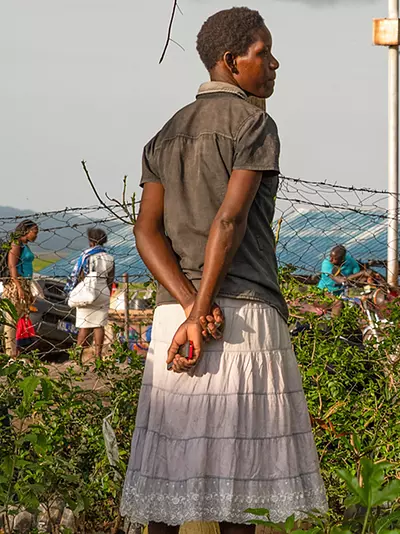Developing integrated strategies to foster resilience against the public health impacts of climate change
How climate change affects health
Climate change is rapidly transforming our world. These transformations are already negatively affecting the physical and behavioral health of billions across the globe. Climate change drives these impacts, both directly and indirectly. Direct effects include the loss of life and diminished access to resources that occur during and after severe weather and natural disasters. Indirect impacts are the result of long-term events and changes—such as drought and excessive temperatures—that increase air and water pollutants and put unanticipated stress on basic infrastructure, including power and transportation systems.
Our team is dedicated to developing and implementing environmentally just, innovative, evidence-based global strategies that help communities become more resilient and proactively adapt to climate change.
Addressing climate change inequities: A coordinated approach
Impacts of climate change are not shared equally. Low-income countries and communities, communities of color, and indigenous people are disproportionately exposed to climate change impacts and, therefore, experience the worst associated health outcomes. Existing health disparities, food insecurity, poor health care, inadequate transportation, utility, and communication infrastructures, and other environmental and societal factors combine to magnify the impacts of climate change in these vulnerable communities. As climate change hazards multiply, stresses on individual and family resources and community-level infrastructures will continue, exacerbating inequities.
Public health gains are being threatened by climate change as well. Older infectious diseases, such as cholera and malaria, are rebounding in areas that are not well prepared to respond to them while new diseases are emerging, often in the wake of a climate-related disaster. Climate-related polycrises can also weaken access to basic health services.
To effectively adapt to climate change and prevent further impacts, government agencies, non-governmental organizations, and research entities must collaborate to develop a holistic approach. RTI is working at the intersection of climate change and research and development to support resilient communities and systems. RTI’s integrated team has broad expertise in climate, equity, public health, health communications, health systems strengthening, One Health, emergency preparedness and response, global health security, and data analytics. RTI experts also understand the need to address the crisis by building trauma-informed systems in our communities. Coupling breadth and depth of expertise allows for the delivery of more comprehensive solutions, including:
- Advancing the understanding of the interconnectedness of climate, health, and equity through research, analysis, and policy and the design of resilient services and systems;
- Operating coordinating centers within the U.S. to provide project and data management for collaborative networks and acting as a pass-through entity to deliver subgrants that improve local health equity outcomes;
- Collaborating with communities, governments, and partners to develop policies and programs that support climate-resilient health systems; and
- Responding to emerging infectious diseases and the changing patterns and severity of neglected tropical diseases and vector-borne diseases like malaria in climate-vulnerable communities across the globe.
RTI makes formal and informal investments in research projects, scientific stature, and systems solutions to reward collaboration among a broad range of sciences. RTI also engages with leaders and decision-makers around the world to craft solutions to urgent and emerging climate-related challenges. These investments build the personal and professional relationships that facilitate synthesizing data and approaches from multiple subject areas to create the integrated responses our communities need to successfully face climate change challenges.

